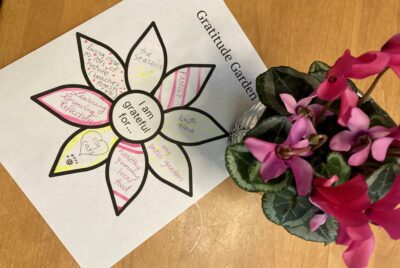RESEARCH
The Green Brigade: The Psychological Effects of a Community- based Horticultural Program on the Self-development Characteristics of Juvenile Offenders
Summary
The research paper, “The Green Brigade: The Psychological Effects of a Community-based Horticultural Program on the Self-development Characteristics of Juvenile Offenders,” explores the impact of a horticultural program called the Green Brigade on juvenile offenders. This program in Bexar County, San Antonio, Texas, aimed to teach these young people about landscaping, give them a chance to earn minimum wage while paying restitution and court fees, and beautify the community. To participate, the juveniles had to be attending school or working towards their GED, avoid gang-related items, and actively engage in the program’s learning and work activities.
The study specifically looked at whether being part of the Green Brigade improved the participants’ self-esteem, how much they felt in control of their lives (locus of control), their relationships with others, and their attitude towards school. The program involved classroom instruction in horticultural techniques and hands-on work on landscaping projects for 16 weeks, meeting for six hours each Saturday.
The researchers compared the juvenile offenders in the Green Brigade program to a group of similar young people who were not in the program using a psychological assessment tool called the Behavior Assessment System for Children (BASC). Before and after the program, the Green Brigade participants generally had lower scores in self-esteem, interpersonal relationships, and attitude toward school compared to the other group, although these scores were still considered within the normal range for their age. Interestingly, after participating in the Green Brigade, the self-esteem scores of the participants were no longer significantly worse than the comparison group. However, the study found no significant improvement in any of the measured psychological factors (self-esteem, locus of control, interpersonal relationships, and attitude toward school) when comparing the participants’ scores before and after the program. Additionally, there was no difference in the rates of repeated crimes between the Green Brigade participants and those in traditional probation programs.







